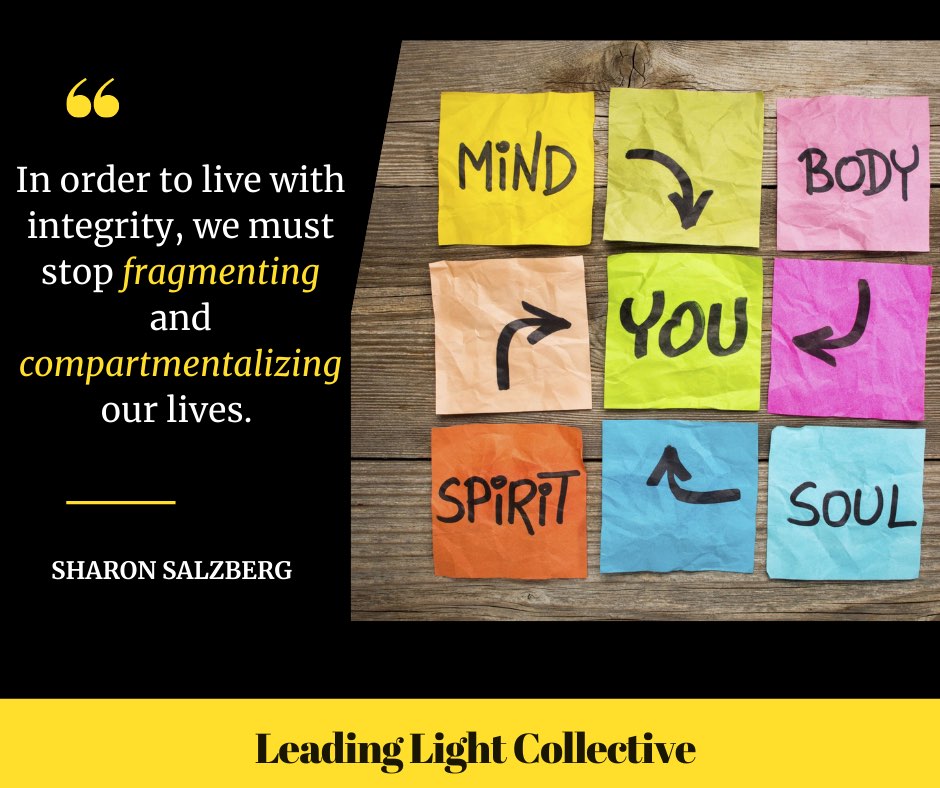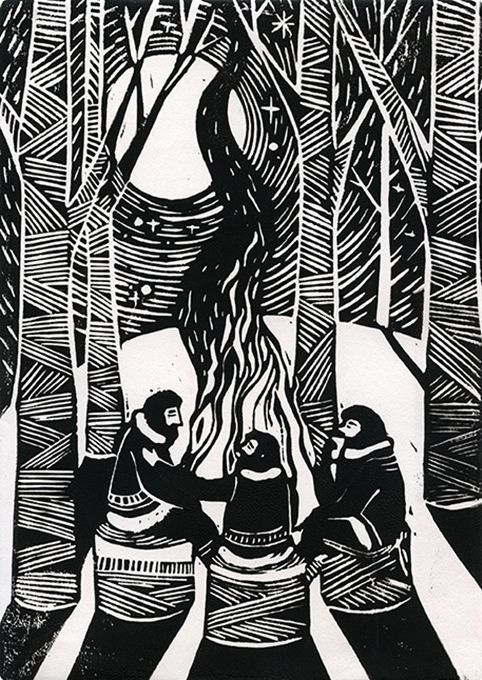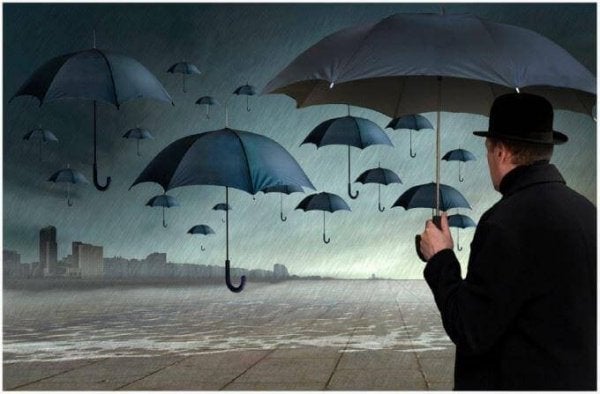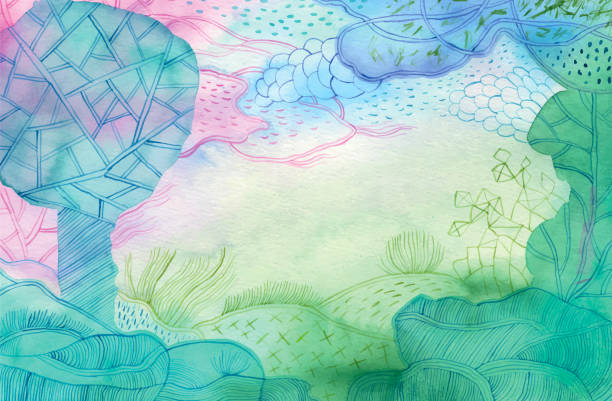Wellbeing Health Retreats

Words such as "depressed" and "anxious" don’t exist in some American Indian and Alaska Native languages. Quite a contrast from modern society, where The World Health Organization names depression as the single leading cause of disability globally.
If you were born after 1945, you’re 10 times more likely to experience depression. From 2005-15, cases of depressive illness increased by nearly a fifth. Around 1 in 5 people won’t make it through the year without having a battle with mental illness.
In 1827, during the European colonisation of North America, a doctor met with over 20,000 native Americans to check on their health. He never saw or even heard of a case of insanity among them. His insights don’t appear to be isolated, the consensus is that mental illness was absent in tribal cultures.
Health and Wellness
Mental collapse seems to be a modern-day predicament.
But it is not just depression & anxiety that have become rife, so has the rise of rage.
In England, road workers now feel that wearing their hi-vis jacket is akin to waving a red flag in front of a bull. Each year thousands of drivers get so irate about having to slow down for road works that they drive straight into traffic cones while effing and jeffing at road workers.
Psychology professor James Averill says “Anger is one of the densest forms of communication. It conveys more information, more quickly, than almost any other type of emotion.”

It seems that many people today are either actively expressing their inner frustration through outward hostility or turning it inwards. Depression has been described like this:
“It starts as sadness, then I feel myself shutting down, becoming less capable of coping. Eventually, I just feel numb and empty.”
Deteriorating mental health occurs due to a complexity of reasons. Consider just one factor, our connection to what we do for a living.
In bygone eras, a person would learn a craft or a trade where there was a direct link between what they did and how it improved the well-being of those around them. A shoemaker could see how the shoes he made or repaired enhanced the lives of those around him.
As jobs have become more information-based, many people have found themselves feeling increasingly disconnected from their work and they question the social value of what they do.

In his book, Iron John, Robert Bly speaks about how difficult it has become to teach children the value of work in the modern-day world:
Fathers in earlier times could often break through their inadequate temperaments by teaching rope-making, fishing, posthole digging, grain cutting, drumming, harness making, animal care, even singing and storytelling. That teaching sweetened the effect of the temperament. But in most families today, the sons and daughters receive only his temperament, which is usually irritable and remote. What the father brings home today is usually a touchy mood, springing from powerlessness and despair mingled with longstanding shame and the numbness peculiar to those who hate their jobs.
A century ago, a native American known as Lame Deer was offered the opportunity to leave his traditional way of life and join our more ‘sophisticated society.’ He reflected on the invitation and said:
“I didn’t want a steady job in an office or a factory. I thought myself too good for that, not because I was stuck up, but because any human being is too good for that kind of no-life, even white people.”

Excessive stress and chronic anxiety around employability are ever-present challenges, but the greater worry people currently voice is feeling that their talents aren’t being valued or utilised.
The columnist Courtney E. Martin captured the stirrings within a society that has tired of simply surviving and disassociating from their lives. As she so eloquently put it:
“Here’s my attempt at synthesizing what I see among my friends, family, colleagues, and co-housing community.
We want to be paid enough to live without the specter of an empty bank account or an empty cupboard hanging over our heads.
We want work that demands something of our minds and our bodies; we want to think and move.
We want to feel like our gifts, whatever weird and wonderful things those might be, are put to good use (which first requires knowing what the hell they are).
We want to work alongside other people who see and celebrate those gifts, people who teach us things, people who want to make cool stuff with us, people who are kind and mostly good and don’t create a lot of unnecessary drama.
We want to be trusted, to know how and when and where we do our best work.
We want to wake up in the morning and feel like there is a place to direct our energy and that place, while it may not define us, dignifies us.”
Wellness Retreat Blue Mountains
Research on emotional suppression shows that when emotions are pushed aside or ignored, they get stronger. Psychologists call this principle, amplification.

Instead of denying our feelings of frustration or despair, or trying to suppress them through distraction and addiction, we can heed them as signs that something needs to shift in our lives.
Our wellbeing retreat is designed to help you cultivate a vision for your life and get you thinking about how you might find greater alignment between who you are, what you do and who you spend time with.
Stepping back to hear your inner voice leads to reevaluating your life and consider starting to take values-aligned action.
Imagine how different things could be if Courtney E. Martin’s dignified view of work and how we spend our time, became the norm rather than the exception?
It begins with simply opening to the idea that much greater possibilities abound.
Robert Bly wrote an ode to this concept:
Things to Think
Think in ways you've never thought before
If the phone rings,
think of it as carrying a message
Larger than anything you've ever heard,
Vaster than a hundred lines of Yeats.
Think that someone may bring a bear to your door,
Maybe wounded and deranged: or think that a moose
Has risen out of the lake, and he's carrying on his antlers
A child of your own whom you've never seen.
When someone knocks on the door, think that he's about
To give you something large: tell you you're forgiven,
Or that it's not necessary to work all the time, or that it's
Been decided that if you lie down no one will die.

Our wellbeing retreats may just be that knock on the door for you.
